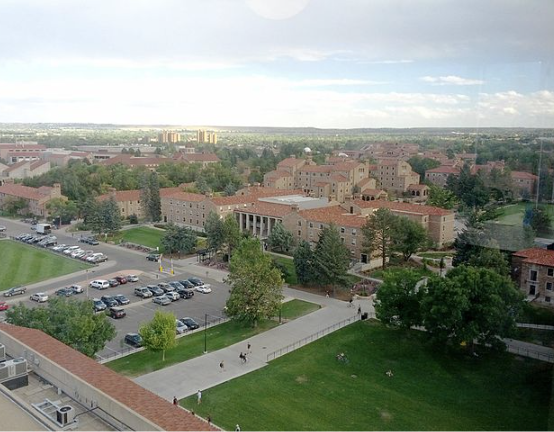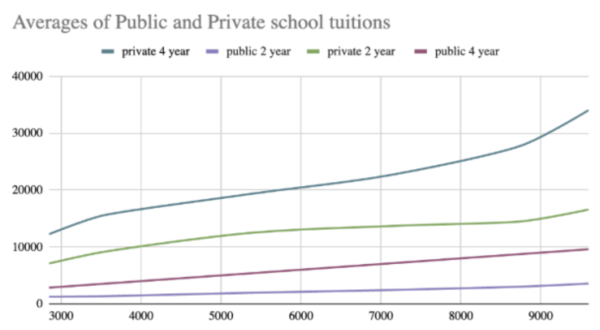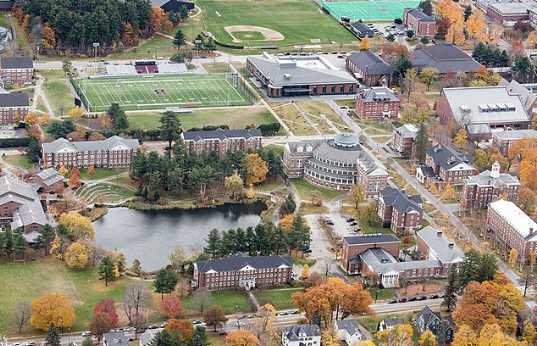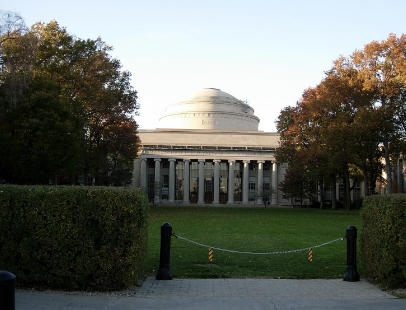
These days, if you are planning to pursue higher education, you plan to stay there. Therefore, many schools and universities offer honors colleges and different honors programs.
An honors college provides intensified programs designed to challenge top students. Honors college students may choose any available major or minor and must take a rigorous curriculum that includes accelerated and enriched general education courses, as well as an honors thesis requirement at most schools.
Honors colleges are different from an honors program offered at a private university, even though both cater to academically inclined students. The honors courses in these programs are similar to traditional courses but more in-depth. Honors colleges, on the other hand, are separate colleges within the university structure. They take a more challenging approach, which includes offering a rigorous curriculum across a variety of majors.
If you attend a larger public university, an honors college will provide you with the same education that you would receive at a private liberal arts college or any other private college.
Pursuing an undergraduate degree at an honors college provided by a public university is a much cheaper alternative than a private college, The College Solution States.
However, at most schools, honors students represent a small section of the student body. Whenever a college or university is under pressure to make budget cuts they will start with programs that benefit fewer students. This does not mean that the school would terminate an honors program, but some benefits, such as scholarship money, could be reduced.
Both Colorado State University and the University of Colorado offer honors college programs. The University of Colorado website states, “The Honors Program is an enrichment program for undergraduate students in the College of Arts and Sciences who would like to add something extra to their experience at CU Boulder. Everything our program offers is optional, which means that each student can make the Arts and Sciences Honors Program work for their individual needs.”
It wasn’t always this expensive to attend. After adjusting for currency inflation, college tuition has increased 747.8% since 1963, the Education Data Initiative found. Honors colleges can be a cheaper alternative to a private college, as they hold the same rigorous classes.

A private school, such as the University of Denver, still has an honors program; the website states that it “accept[s] 100 students each year into a vibrant community of learners. Our program fosters a distinctive liberal arts education that challenges students to cultivate depth in critical and creative thought and facilitates students’ original contributions to intellectual life, their community, and their chosen field.”
Average tuition at U.S. private colleges grew by about 4% last year to just under $40,000 per year, according to data collected by US News & World Report. For a public in-state school, that cost was $10,500 — that’s an annual increase of 0.8% for in-state students and about 1% for out-of-state. It is hard to afford college, and even harder to afford a private college. Since the rise in tuition, more and more students have not considered college or are attending public schools, so if you are thinking about a private school, maybe also consider an honors college.











